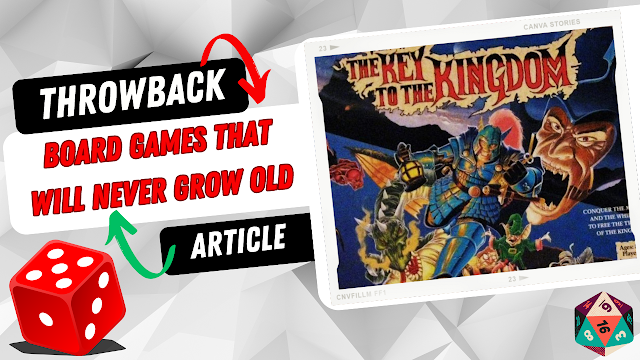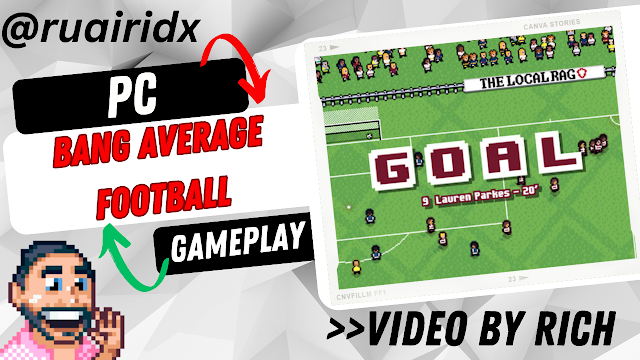Music from the Zelda series of games has been covered in many forms.
I reviewed Mikel’s Zelda and Chill from Black Screen Records back in 2021, and thought the lo-fi aesthetic really worked with those familiar melodies and tracks.
When I found that I would be covering this record, I had a faint worry that it would be quite close to Mikel’s take on the songs – but those worries were unfounded, because whilst Mikel’s stripped-back, mellow journey through Zelda is a work unto itself; focused on enhancing the groovy, lullaby aspects, this album takes a far more moody and expressive, jazz-fuelled take through the songs that are more engaging and alluring when compared to the more hypnotic and Zen approach of Mikel.
From the website:
Take a chill journey through the chronology of Zelda melodies with Save Point and LoFi VGM. Video Game LoFi: Zelda celebrates our favourite melodies by Koji Kondo, Toru Minegishi, Manaka Kataoka, and Yasuaki Iwata.
180 gram 1xLP Black 12" vinyl. Comes in a holographic jacket, discs in black poly-lined sleeves. Art by Drew Wise, Layout by Isa Alcántara.
The album artwork is quite stunning. The tri-force symbol is featured in front of an eclipsed sun on the front cover, surrounded by stars and clouds, it’s a bold and simple statement, especially because it’s adorned on a holographic jacket, as is the font on the spine, as well as the rear of the cover. Speaking of the rear, that’s also a tasty design, with the top-left of the image illustrating the familiar items picked up through the game, with the credits and tracklist surrounding. I have to say that Drew Wise’s design shines here. There’s so much that you could do with Zelda, a game that is associated with bright colours and vibrant landscapes, but Drew has taken an unusual and yet cleverly designed direction, focusing on the musical styles on the record as opposed to the traditional Zelda schemes. The muted palette, subtly worn box work and heavy use of blacks and greys absolutely reflect the down-tuned bass, exploratory instrumentation and ‘neat bourbon, late night’ mood of the music contained on those sweet, sweet vinyl grooves.
The record sleeve is – naturally – black, and antistatic (thank you, thank you, thank you), whilst the record itself – again, black - features the tri-force on both sides, with the colours inverted on each.
Track by Track:Side A:
Great Fairy Fountain
Trip-hop drums and a bouncy upright bass sample kick the album off. Muted trumpet and looped samples over a central melody, as wah-wah dips in and out of the bass, adds a really saucy jazz feel to the track. It’s a tasty case, as the lo-fi jazz feel, with the walking bass, trumpet sampling and tape loop effects slowly ebb out of the album as it progresses, to be replaced with an incredibly sexy heaviness. But let's not get ahead of ourselves, that’s a story for side 2. This is a classic opener that has winks at smoky 1950s jazz bars and moonlit, silhouetted cigarette smoking, love it.
Rito Village (Day)
Hurtling into this, a repeating piano run accompanied by upright bass drunkenly kicks off the proceedings, like a warm-up for the track proper, a great touch. Especially when the drums, percussion and sampling joins, turning it into a kind of radio jam. The song soon locks down onto a beat and melody with the upright bass punching around, alongside smatterings of a trumpet, continuing that jazzy vibe. A sneaky solo section for the bass is followed by a trumpet run that again furthers that live bar-band jam sensibility, in a wonderful way. The clever looping, mixing and twisting of the track blend classic with modern seamlessly, it’s a highlight in terms of song and melodic structure, as it feels like a wonderful drunken sway.
Hyrule Field (from "The Legend of Zelda: Twilight Princess")
It’s a similar start here, with radio-like piano, bass and shuffling drums, but a glassy marimba effect teases across the song, and the drums have more freedom here, peppery and light. The sense of jazz is still thick, and out of all, this is the one that feels the most classic in its sensibility. It’s a great album, as I like each track for different reasons. Here, for example, the keyboard/piano solos just make me want to clock back some wine and get dancing. My leg is tapping with the beat as I type, it’s just that kind of album, an album that makes the listener feel cool, awesome stuff.
Main Theme (from "The Legend of Zelda: Ocarina of Time")
A heroically familiar and delicate piano theme is next up, and Save Point continues that weaving of the familiar with his own character. This is very clearly an album that wouldn’t feel out of place in a high-rise, glass-fronted cocktail bar in New York. It’s music that seems timeless, blending hip with class, and a lo-fi, ramshackle vibe with an incredible sense of structure and surprising dexterousness in the performance and mixing. On that note, this album was produced, arranged, mixed and mastered by Save Point – self-mastering always being something I’ve been told was a bit of a no-no, but that clearly isn’t the issue here, as we’ll come to discover with the handling of the down-tuned bass on the second side.
Lost Woods
A finger-plucked, clean guitar intertwines with piano melodies, as synth chords underpin the track. The bass is thick here and joined by the flute before the low-end moves forward, a lightly ominous, but always sexy groove and mood as various samples add depth to the rest of the track. It’s another track that had me subconsciously moving to the beats and grooves. Good.
Side B
Lost Woods
The mood is set instantly. Down-tuned, growling bass, a muted percussive beat and a tape loop effect that wavers and shimmers as clean, lonely electric guitar pluck out shaky notes. As the song progresses, through this lo-fi, low-slung brooding shuffle comes a delicate piano run, pattering through the smoky ambience, accompanied by chiming bells. On the very first listen I suspected something - something that would prove to be correct upon subsequent listens - and that is that the stoner, doom-laden rumbling bass would be an absolute highlight of the album and act as the spine of the music. It has to be heard to be believed, Zelda has never sounded so cool. And that piano run is a hint towards the jazz that permeates the album, good.
Dark World
Zelda's Lullaby
A bright, solo piano run leads us into the second track of this side, before being joined by a minimalist lo-fi snare / kick beat and wavering acoustic guitar before...yes, like a gentle giant, that warm rumble comes in to show your speakers who is boss! The heaviness and prominence of the well-shaped bass add so much depth. It also highlights the production, as no clarity is lost, and even when the bass appears in a calmer, more standard-tuning fashion, there’s a gentleness and crispness that means when the bass does drop, it adds warmth as opposed to detracting from the sound. Beautiful piano run at the end of this one, by the way.
Song of Storms
Marimba-esque notes held synth lines and a more busky beat feature in this track. The single-note piano weaves through the trip-hop drums, and the more atmospheric sounds add colour. This is a sexy track that gets my head grooving, it’s doing it even as I type these words.
Mipha's Theme
A very familiar piano melody opens this, the fourth track. The distinctive sounds of horse hooves on gravel jolt the listener, as it feels almost narrative-like - and a slower, more deliberate pace allows the emotions and nostalgia to sink in. The effects and slow groove of this one, along with the casual slides in part of the bass line are hypnotic. It’s a song that delivers the goods and rightfully allows that central melody to shine.
Fi's Farewell
Straight into the next track, which features a slightly more organic-sounding hi-hat and a poppier snare. The flute takes centre stage over a bass that happily sits in the background, punching up the central theme. Much more expressive and experimental than the preceding tracks, this opens up at the halfway mark with distant solos sounding as if they are being piped in from a jazz club next door, and we are listening through a glass on the wall. It does return to the main flute theme – but it’s a further hint at the jazz heart underneath all this moody, sultry smoothness.
Save Point has created an album that is thick with an emotional resonance with the original soundtrack but doesn’t treat it with kid gloves. Not afraid to warp, loop, down-tune, twist and throw samples around in a perfect storm makes this one of those wonderful albums that absolutely stands as its own creation.
As I mentioned in the review, this could be played in any jazz bar, party, or nerdy gaming meet-up and blend in with all three.
I call back to the silver / grey and black album artwork – this is a smoky, sultry album that seems designed to bring out the mellow, disaffected, detached coolness in us all.
It’s a record that creates mental imagery to get lost in, and that great, growling bass is the monster underneath it all. I can imagine that this record will never be far from my turntable.
An absolute belter from Curaga.
Record Label: Curaga Records









No comments:
Post a Comment
Like what you see in the Games Freezer?
Why not tell us what you think with a few well-chosen comments? :)
Note: only a member of this blog may post a comment.